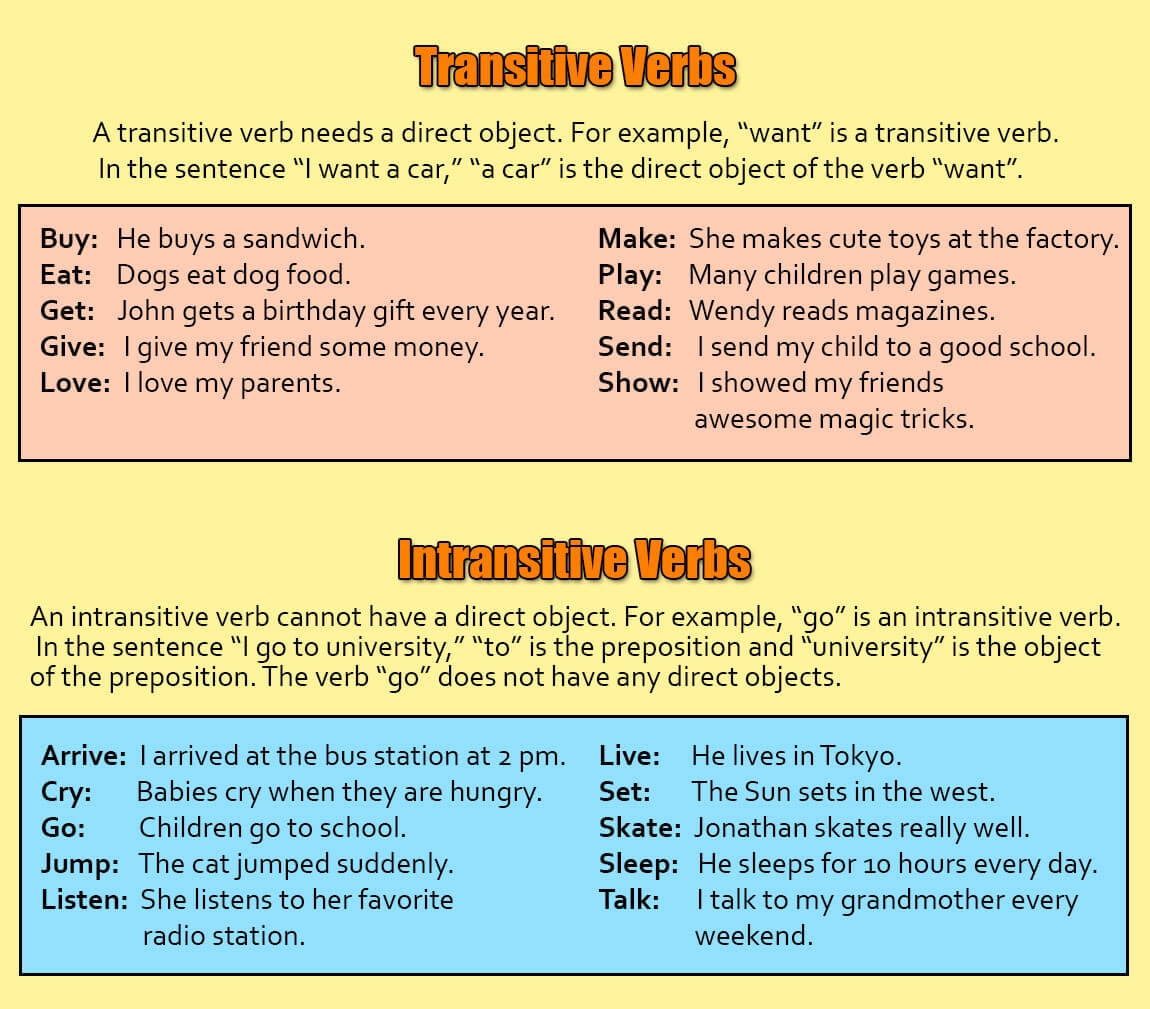Transitive verbs are an essential part of the English language and play a crucial role in sentence structure and communication. These verbs require a direct object to complete their meaning, making them different from intransitive verbs that do not require an object. Understanding transitive verbs is key to constructing clear and meaningful sentences.
When using transitive verbs, it is important to identify the action being performed and the recipient of that action. This helps to clarify the relationship between the subject and the object in a sentence. Without a direct object, the meaning of a transitive verb may be incomplete or unclear.
Transitive Verb Definition
A transitive verb is a verb that requires a direct object to complete its meaning. This direct object receives the action of the verb and is essential for the sentence to make sense. Transitive verbs can be followed by a noun, pronoun, or phrase that answers the question “what” or “whom” after the verb.
For example, in the sentence “She read a book,” the transitive verb is “read” because it requires a direct object (book) to complete the action. Without the direct object, the sentence would be incomplete: “She read.” The direct object clarifies what she read, making the sentence meaningful.
Transitive verbs can also be used in passive voice constructions, where the subject of the sentence is the recipient of the action rather than the doer. In the sentence “The book was read by her,” the transitive verb “read” is still followed by a direct object (book), but the focus is on the receiver of the action (her) rather than the doer.
It is important to distinguish transitive verbs from intransitive verbs, which do not require a direct object to complete their meaning. Intransitive verbs can stand alone in a sentence without needing an object to receive the action. Understanding the difference between transitive and intransitive verbs is crucial for mastering sentence structure and communication.
In conclusion, transitive verbs play a vital role in sentence construction by requiring a direct object to complete their meaning. By identifying the action and the recipient of that action, we can create clear and meaningful sentences that effectively communicate our thoughts. Understanding transitive verbs is essential for mastering the English language and becoming a proficient communicator.
